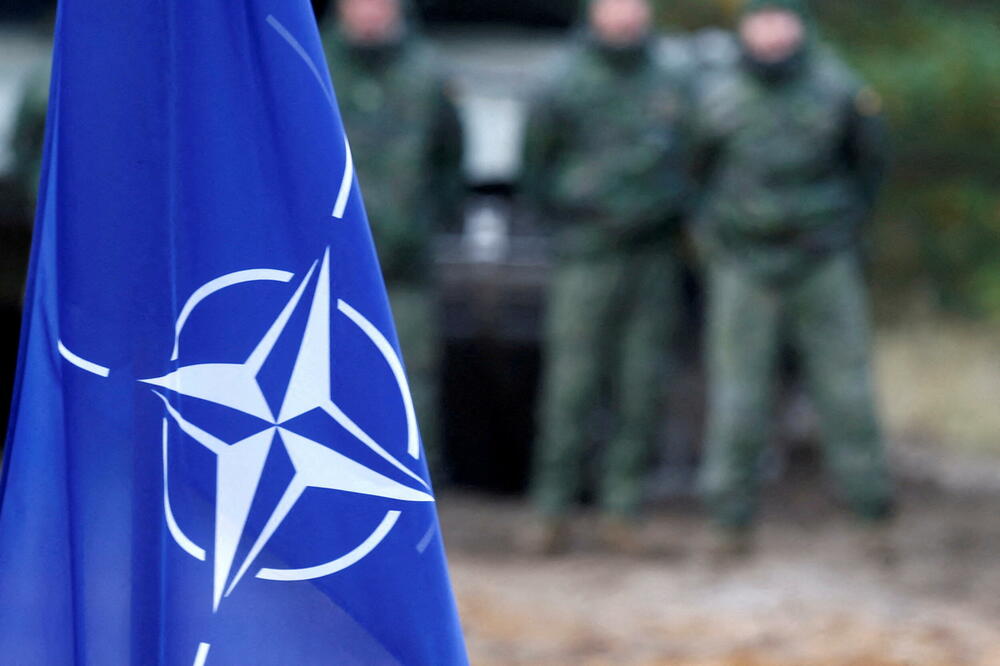Through this blog, we will explore the importance of Montenegro's strategic position, the role it plays in regional security, its path to NATO membership, the impact of NATO membership on Montenegro, key areas of cooperation between NATO and Montenegro, the challenges and criticisms of the NATO-Montenegro partnership, the future of the partnership, and whether the partnership is beneficial for both sides.
Understanding Montenegro's strategic position
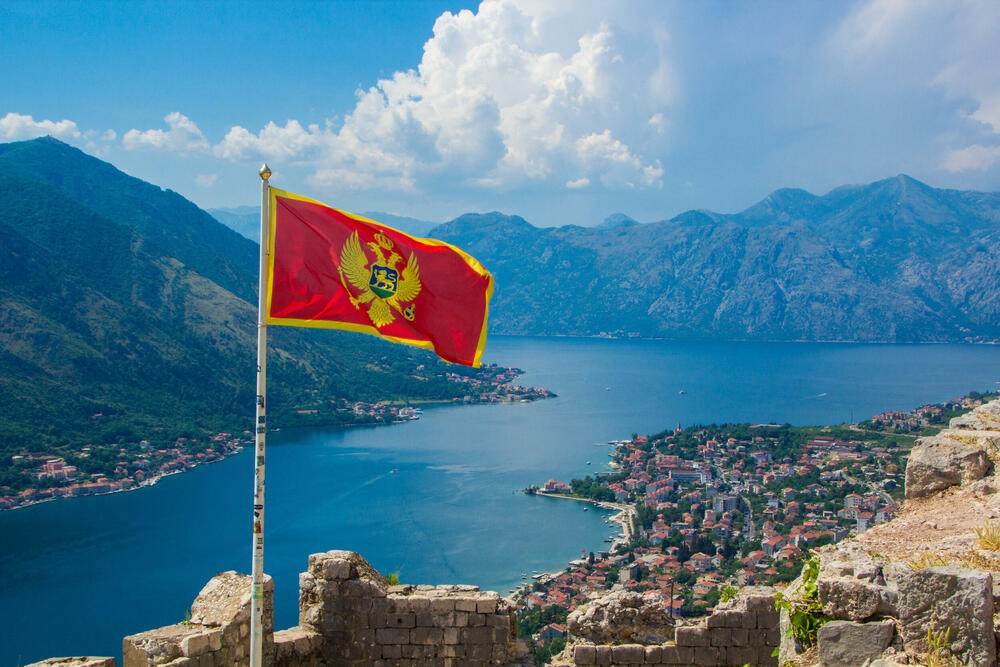
Montenegro holds a significant strategic position in Southeast Europe, making it a key player in the region's security and cooperation efforts. Located in the heart of the Balkans, Montenegro's proximity to the Adriatic Sea provides it with strategic access to it broader Mediterranean region, allowing for closer ties with the European Union (EU) and regional cooperation initiatives. Furthermore, Montenegro's position, nestled between the Dinaric Alps and the Adriatic Sea, positions it as a vital link between the Western Balkans and the rest of Europe, strengthening its ties with the United Kingdom and the United States.
The importance of Montenegro's location in Southeast Europe for the EU
Montenegro's location in Southeast Europe is of utmost importance for NATO member states, regional security, and the broader European context. Situated in the heart of the Balkan Peninsula, Montenegro serves as a gateway between the Mediterranean and the rest of Europe. Its access to the Adriatic Sea provides strategic advantages in terms of regional cooperation, security, and economic opportunities.
In the context of regional security, Montenegro's location is crucial in the Adriatic region. The country shares borders with Croatia, Bosnia and Herzegovina, Serbia, Kosovo, and Albania, making it a critical player in maintaining stability in the Western Balkans. Montenegro's participation in regional cooperation initiatives, such as the Southeast European Cooperation , strengthens security guarantees, fosters diplomatic ties, and facilitates joint efforts in countering common security threats.
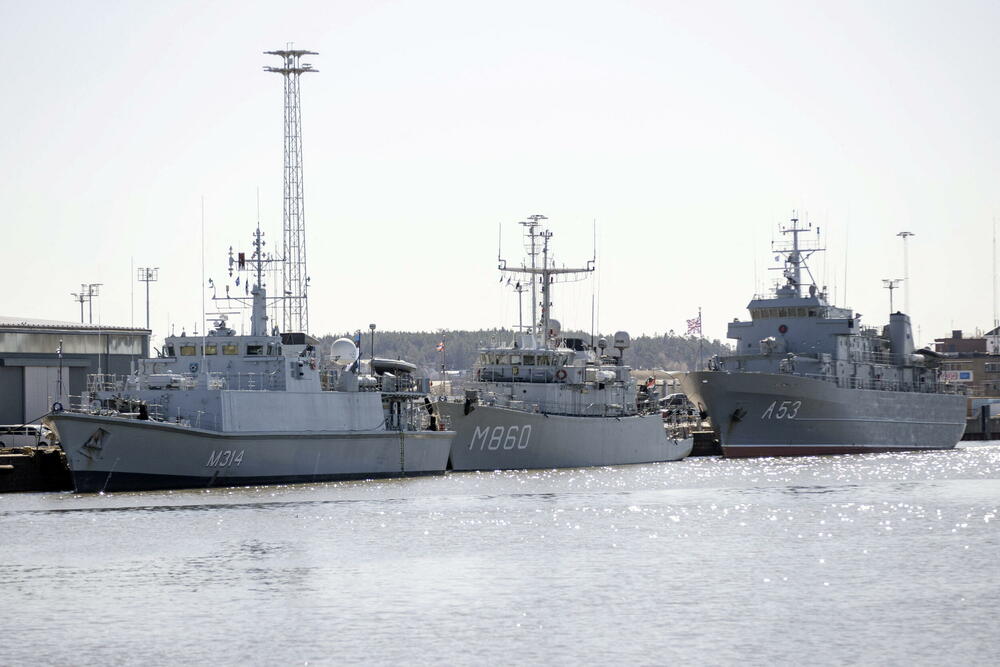
Furthermore, Montenegro's geographical location allows for closer ties with the European Union. The country is a candidate for EU membership, and its integration process has been positively influenced by its strategic position in Southeast Europe. The EU recognizes the importance of Montenegro's stability, security, and democratic reforms in the region, as they contribute to overall peace, prosperity, and regional cooperation in the Western Balkans.
Montenegro's strategic location in Southeast Europe is also significant for the country's economic development. Its access to the Adriatic Sea enables the country to capitalize on its potential as a hub for tourism, trade, and transportation. Montenegro's coastal cities, such as Kotor and Budva, attract tourists from around the world, contributing to the country's economic growth. Additionally, the country's ports, including the Port of Bar, play a vital role in facilitating regional trade and connectivity.
Its position is also instrumental in forging closer ties with the European Union, promoting regional cooperation, enhancing security guarantees, and fostering economic development. This strategic advantage positions Montenegro as an important partner for NATO member states in addressing regional challenges and safeguarding the stability of the Western Balkans.
The role of Montenegro in regional security
Montenegro plays a vital role in regional security cooperation, contributing to the broader stability of the Adriatic region and the Western Balkans. The country's NATO membership has been instrumental in strengthening its national security, enhancing regional cooperation, and reinforcing security guarantees in Southeast Europe.
As a NATO member, Montenegro actively participates in regional security efforts and contributes to the alliance's collective defense. Its membership in the alliance has bolstered the country's defense capabilities, enabling it to actively contribute to NATO's military operations, joint exercises, and crisis management efforts. Montenegro's participation in regional security initiatives, such as the NATO Military Committee, reinforces its commitment to regional stability and security cooperation.
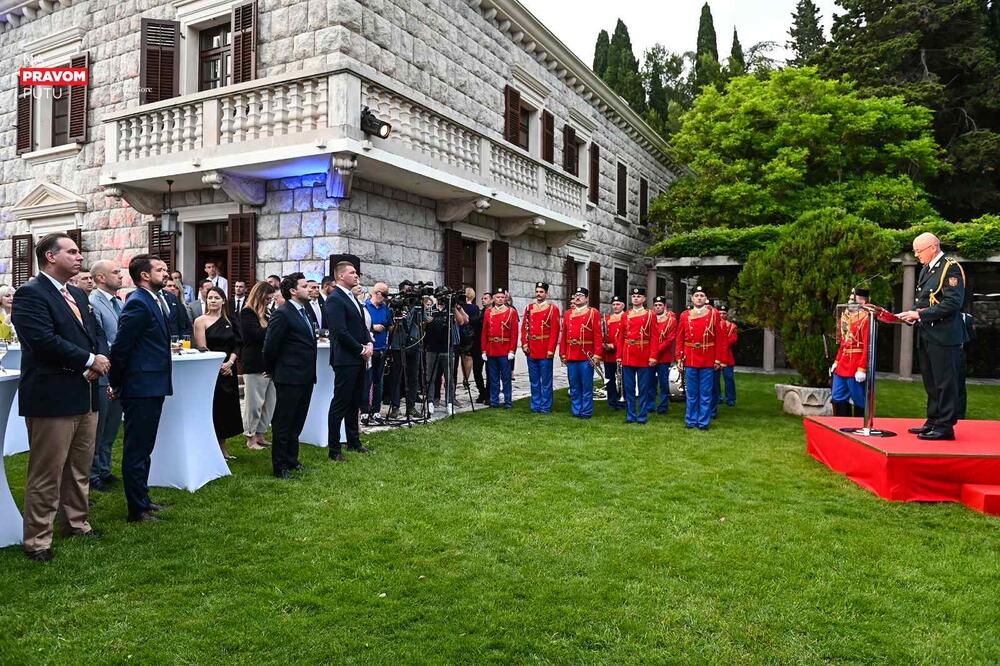
Moreover, Montenegro's NATO membership provides it with security guarantees that strengthen national security and protect the country against potential threats. The alliance's commitment to collective defense ensures that Montenegro is supported by its NATO allies in the event of security challenges, thus contributing to the country's overall security and stability.
Furthermore, Montenegro's role in regional security is pivotal for fostering closer ties between NATO member states and the countries of the Western Balkans. Through its active collaboration with NATO, Montenegro promotes regional security cooperation and contributes to the stability of the broader Southeast European region, including its role in Bulgaria. This is particularly important in light of the historical challenges and regional tensions that have characterized the Western Balkans in the past.
Montenegro's participation in regional security initiatives and its NATO membership underscores the country's commitment to democratic values, regional cooperation, and the rule of law. By actively engaging in regional security efforts, Montenegro continues to play an important role in advancing the security and stability of the Western Balkans, ensuring the well-being of its citizens, and fostering closer ties with the alliance.
Montenegro's journey to NATO membership
Montenegro joined NATO in June 2017. This move was met with both positive and negative reactions, with Moscow strongly opposing the decision.
In January 2024, Secretary General Jens Stoltenberg and Prime Minister Spajić held a joint press conference at NATO headquarters, highlighting Montenegro's key role in the Western Balkans and its support for Ukraine.
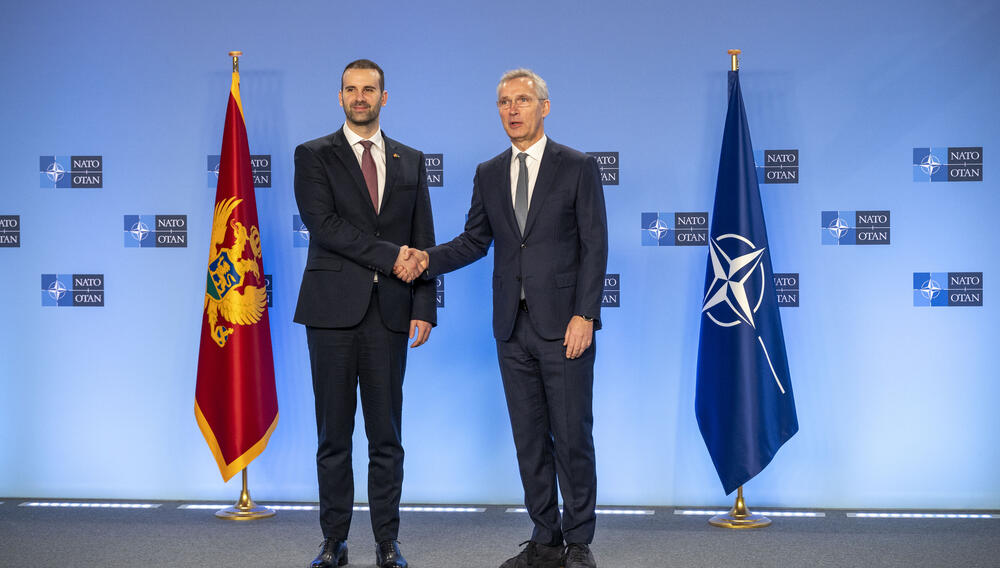
A brief history of Montenegro's integration process
En 2015, Montenegro received a formal invitation to join NATO, marking the beginning of its integration process. This journey involved extensive reforms to meet NATO standards, emphasizing the country's commitment to aligning with NATO member states and enhancing national security. Montenegro's determination to strengthen security cooperation in the region was evident throughout the integration process, showcasing its strategic significance as the 29th member of NATO in Southeast Europe. This historical milestone underlined Montenegro's dedication to fostering regional stability and collaboration, paving the way for a strategic partnership with NATO in Brussels and Washington.
Key milestones in Montenegro's path to NATO membership
Montenegro's journey towards NATO membership marked significant milestones, such as the signing of the accession protocol in 2016 and the subsequent ratification process by member states. These key events underscored Montenegro's steadfast commitment to the alliance and were celebrated as historic achievements in the country's foreign policy. They exemplified Montenegro's aspiration for closer ties with NATO, signaling a strategic shift in its international relations and participation in the Membership Action Plan (MAP) program. The milestones also reflected Montenegro's proactive approach towards regional security and its willingness to align with Western security and defense initiatives. This progression showcased Montenegro's determination to integrate with NATO, contributing to the overall stability and security of Southeast Europe and the entire alliance.
The impact of NATO membership on Montenegro
Upon joining NATO in June 2017, Montenegro strengthened its strategic position and security. The partnership has led to a positive impact on Montenegro's political and economic landscape, fostering stability and cooperation. The impact of Montenegro's NATO membership is far-reaching, with new avenues for military cooperation and greater political influence. This includes the potential for Montenegro's full integration into the alliance's decision-making processes, as well as increased collaboration in areas such as defense modernization and cybersecurity. Montenegro's NATO membership has also bolstered its military capabilities, allowing for contributions to collective defense efforts and international peacekeeping missions. This has been especially important for a politically divided Montenegro, as NATO is seen as a pillar of stability and a unifying force. Overall, the strategic partnership between NATO and Montenegro has had a significant and positive impact on the country's development and security.
Political implications of joining NATO
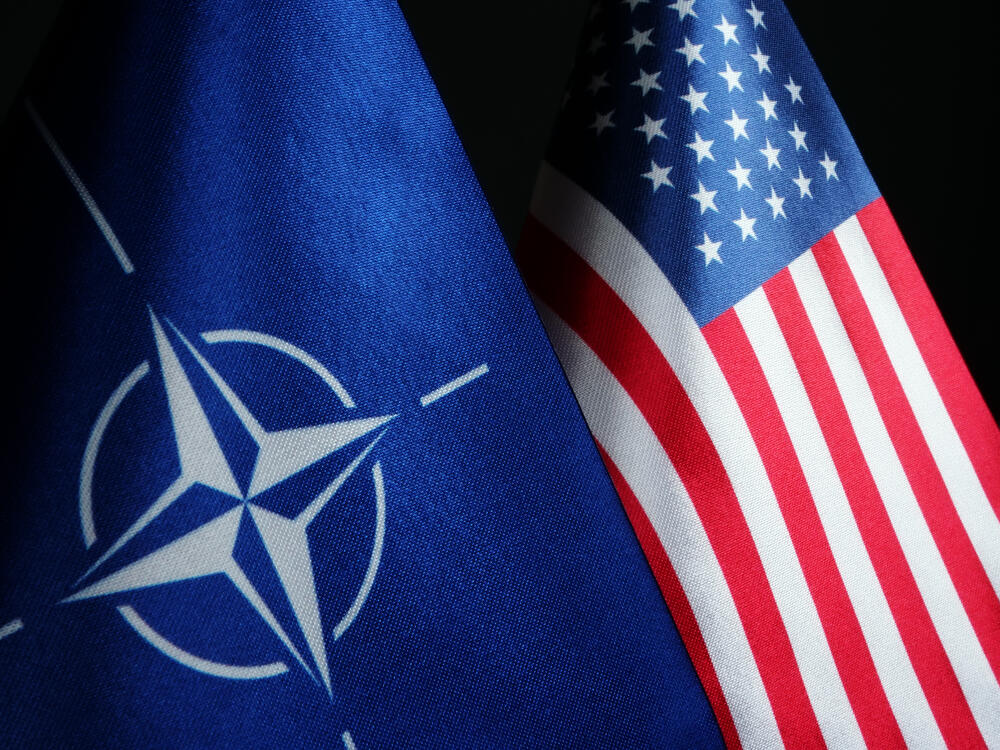
Joining NATO signifies a strategic decision that mirrors Montenegro's foreign policy objectives. It reinforces democratic values and demonstrates the country's commitment to the alliance's principles, enhancing its international standing. Additionally, NATO membership strengthens Montenegro's ties with the international community, holding significant political implications. This move is crucial for the country's influence and signifies a commitment to shared security initiatives and efforts within NATO. The political significance of joining NATO illustrates Montenegro's dedication to upholding democratic values and showcases it proactive approach to regional and international security cooperation.
Economic and social benefits of NATO membership
Economic and social advantages are expected to accompany Montenegro's NATO membership, fostering growth and stability. The integration into NATO is projected to provide economic prospects and social progress, bolstering the country's overall prosperity. Moreover, NATO membership is poised to enhance security guarantees and promote stability within Montenegro. With accession to NATO, the nation anticipates a surge in economic expansion and social cohesion. The positive transformations in the economic and social fabric of Montenegro are inextricably linked to its NATO membership, paving the way for a promising future.
Key areas of cooperation between NATO and Montenegro
Collaborative efforts between Montenegro and NATO have led to significant strides in various domains, fostering a robust strategic partnership. The involvement of Montenegro in shared security initiatives and efforts has been pivotal in upholding regional stability. Additionally, economic collaborations and projects have further strengthened the alliance, paving the way for sustainable growth and development. The collective endeavors of Montenegro and NATO not only bolster security measures but also stimulate socio-economic progress in the region. This synergy between the two entities reflects a promising trajectory of cooperation, encompassing multifaceted areas of mutual interest and benefit.
Shared security initiatives and efforts
Collaborative efforts in security initiatives play a crucial role in maintaining stability within the region. This is evident through joint military exercises, which effectively demonstrate the shared commitment to security. Montenegro's NATO membership significantly bolsters its national security, while also paving the way for enhanced counter-terrorism cooperation. The exchange of vital information further strengthens defense mechanisms against common threats, ultimately contributing to the overall security and well-being of the nation.
Economic collaborations and projects

Economic partnerships contribute to long-term sustainability. Infrastructure initiatives pave the way for enhanced economic prospects, while trade agreements establish mutual benefits for all parties involved. Joint investments play a crucial role in attracting foreign direct investment and driving economic growth. Furthermore, such collaborations foster advancements in technology, further reinforcing economic stability and progress within the region.
Challenges and criticisms of the NATO-Montenegro partnership
The NATO-Montenegro partnership has faced challenges and criticisms, particularly concerning domestic opposition to NATO membership and navigating international relations amid this alliance. Addressing domestic opposition to Montenegro's membership in NATO has been a significant hurdle, with concerns raised by opposition parties and the Serbian Orthodox Church. Navigating international relations amid NATO membership has also posed challenges, including managing relations with countries like Russia and Serbia, who have shown opposition to the partnership.
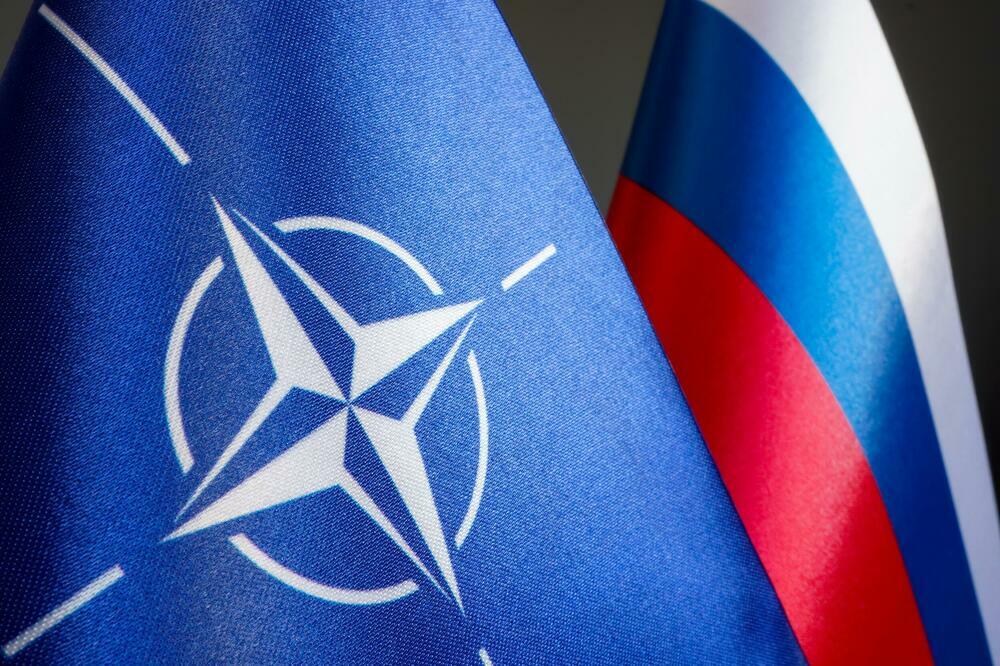
The partnership has also faced criticism from some quarters, raising questions about the implications of Montenegro's alignment with NATO for its foreign policy and security dynamics, especially in light of alleged Kremlin involvement in a supposed failed coup attempt. These challenges and criticisms highlight the complexities involved in Montenegro's integration into NATO and the need for careful navigation of internal and external dynamics.
Addressing domestic opposition
Efforts are underway engage the public and dispel misconceptions through outreach programs led by the government. National dialogues are being encouraged to educate citizens about the numerous benefits of NATO membership, addressing historical opposition by emphasizing democratic and security values. Community engagement seeks to address concerns and foster consensus among the population, aiming to build a united front in support of NATO integration. The emphasis is on countering skepticism and misunderstanding through open discussions and dissemination of information.
Navigating international relations
Montenegro's NATO membership signifies its dedication to global collaboration. Diplomatic dialogues cultivate stronger connections with NATO allies, amplifying security assurances and diplomatic backing. The alliance not only strengthens regional stability but also enhances strategic alliances with the EU, US, and UK. This synergistic approach elevates Montenegro's international standing, fostering cooperative ties across borders.
The future of NATO & Montenegro partnership
As we anticipate the future of the NATO and Montenegro partnership, it is essential to consider potential areas for further collaboration. Addressing future challenges and opportunities will be crucial in ensuring the continued success of this strategic alliance. With an eye on potential areas for further collaboration, both parties can work towards strengthening their ties and achieving mutual benefits. Additionally, addressing future challenges and opportunities will play a vital role in guiding the development of the partnership, setting the stage for sustained growth and cooperation.
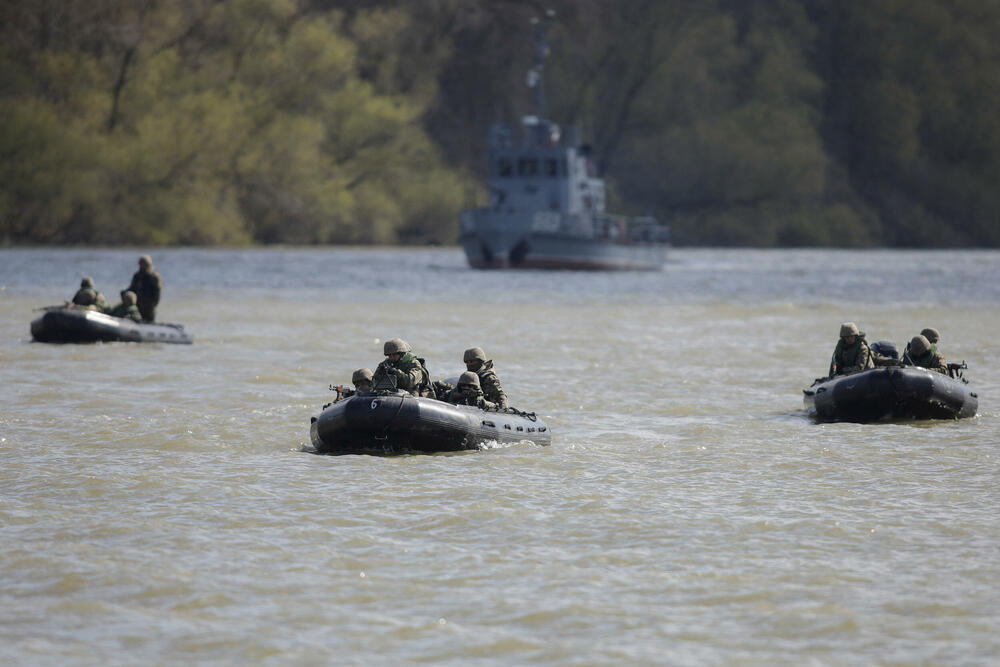
Potential areas for further collaboration
In Southeast Europe, potential areas for further collaboration between Montenegro and NATO include cyber defense capabilities, joint training programs to enhance military readiness, collaborative intelligence sharing for regional security, energy security initiatives promoting economic and security cooperation, and the development of joint defense capabilities. These areas represent significant opportunities for strengthening the strategic partnership and advancing mutual interests, particularly in the context of Montenegrin's involvement in NATO's Science for Peace and Security (SPS) Programme. The proactive exploration of these collaborations reflects a forward-looking approach to addressing evolving security challenges and fostering stability in the region. Montenegro's active engagement in these potential areas underscores its commitment to enhancing its strategic position and contributing to collective security efforts, which is ultimately a good news story for both Montenegro and NATO.
Addressing future challenges and opportunities
Anticipating upcoming security threats, including disinformation campaigns, is crucial for Montenegro's strategic preparedness. Mitigating potential economic and security challenges calls for proactive measures and collaboration with allied nations. The maritime domain offers promising opportunities for deepening cooperation, enhancing regional security, and harnessing economic potential. Addressing the evolving security landscape within the The Balkan region remains a priority, necessitating a comprehensive approach to regional stability. Overcoming challenges linked to regional cooperation in the Western Balkans demands sustained commitment and diplomatic efforts, ensuring a cohesive and secure environment for continued progress and development.
Is Montenegro's partnership with NATO beneficial for both sides?
The strategic partnership between Montenegro and NATO benefits both sides. Montenegro gains security guarantees and defense cooperation, while NATO strengthens its presence in the Adriatic Sea and enhances regional security. This partnership highlights Montenegro's commitment to international security and bolsters stability in the Western Balkans.
Evaluating the success and impact of the strategic partnership
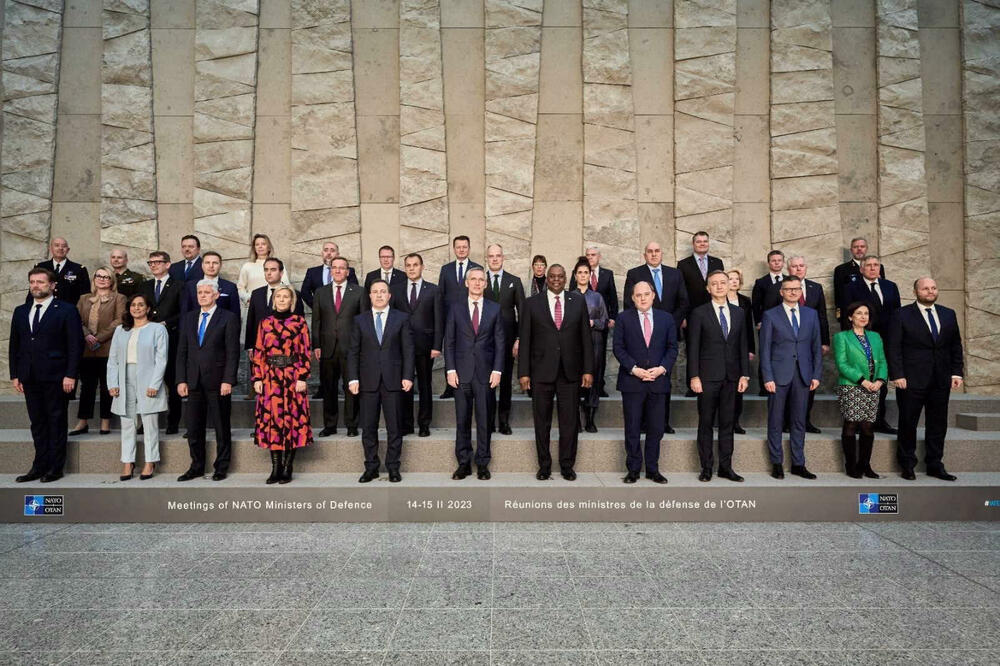
The strategic partnership between Montenegro and NATO has been significant success in enhancing regional security and stability. This success is evident in the strengthening of democratic and rule-of-law institutions, which has positively impacted the overall stability of the region. Additionally, the partnership has played a crucial role in bolstering Montenegro's defense capabilities, contributing to its overall security. Furthermore, joint military exercises and training facilitated by the partnership have further strengthened Montenegro's position in the region. The comprehensive evaluation of the partnership focuses on its economic, security, and diplomatic aspects, highlighting the multifaceted impact it has had on Montenegro's development and stability.
Bonus video:



